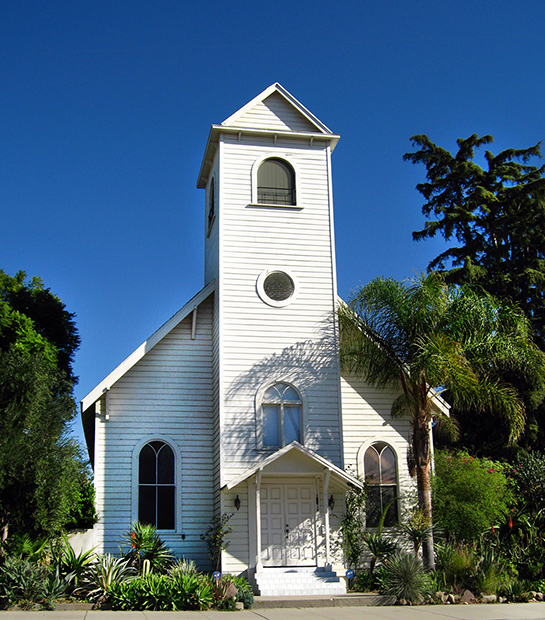
Effective January 1, 2025, California’s Senate Bill 1103 (SB 1103) introduced significant protections for small businesses and nonprofit organizations leasing commercial properties. This legislation aims to promote transparency and fairness in commercial leasing practices, particularly for “qualified commercial tenants.”
Qualified Commercial Tenant:
A “Qualified Commercial Tenant” is defined as a tenant of commercial real property that is a microenterprise (which generally means that the business has 5 or fewer employees); a restaurant with fewer than 10 employees; or a nonprofit organization with fewer than 20 employees; and the business or nonprofit must have average annual gross receipts of less than $1 million over the previous two years.
Rent Increases:
- Landlords must provide a minimum 30-day written notice for any rent increase to qualified commercial tenants.
- If the rent increase exceeds 10% of the current rent, a 60-day written notice is required.
- Rent increases are not effective until the applicable notice period has expired.
Building Operating Costs:
- Landlords are prohibited from charging qualified commercial tenants fees to recover building operating costs unless specific conditions are met, including:
- Costs are allocated proportionately per tenant, by square footage, or another substantiated method.
- Landlords provide supporting documentation of the incurred or anticipated costs.
- Costs do not include expenses paid directly by a tenant to a third party or expenses reimbursed to the landlord by a third party, tenant, or insurance.
- Landlords cannot alter the method or formula used to allocate building operating costs in a way that increases the tenant’s share during the tenancy without proper notice and documentation.
Termination:
- For month-to-month tenancies, landlords must provide a 60-day written notice to terminate the tenancy if the tenant has occupied the property for one year or more.
- If the tenant has occupied the property for less than one year, a 30-day written notice is required.
Notes:
- Prepare to offer lease translations when required and maintain transparency regarding building operating costs.
- Review and possibly amend existing lease agreements to ensure compliance with SB 1103.
- Implement procedures to provide timely notices for rent increases and terminations.
Please see our other related articles
Church Officer and Director Liability
Conflicts of Interest
Statute of Frauds
Why Use Bushore Real Estate
Disclaimer: Every situation is different and particular facts may vary thereby changing or altering a possible course of action or conclusion. The information contained herein is intended to be general in nature as laws vary between federal, state, counties, and municipalities and therefore may not apply to any given matter. This information is not intended to be legal advice or relied upon as a legal opinion, course of action, accounting, tax, or other professional services. You should consult the proper legal or professional advisor knowledgeable in the area that pertains to your particular situation.
